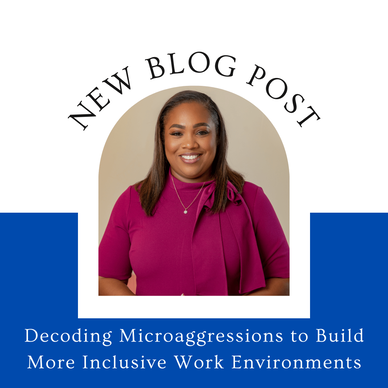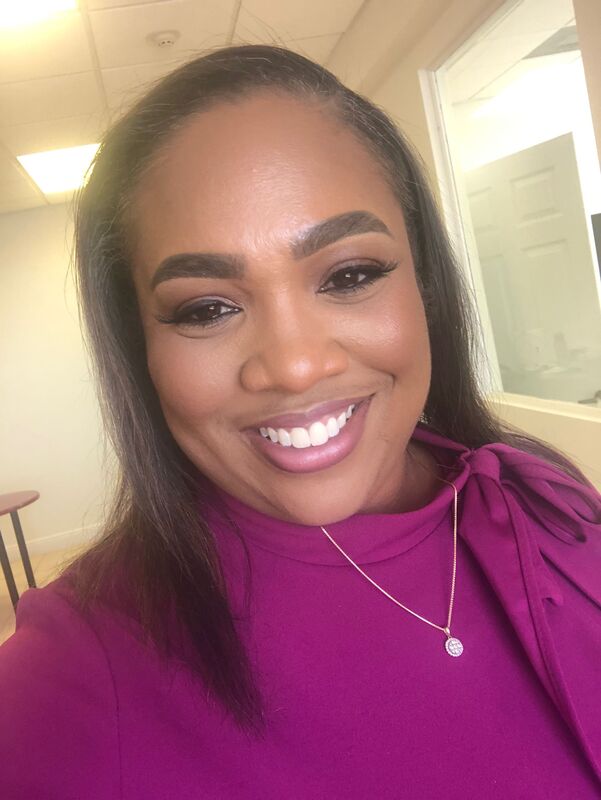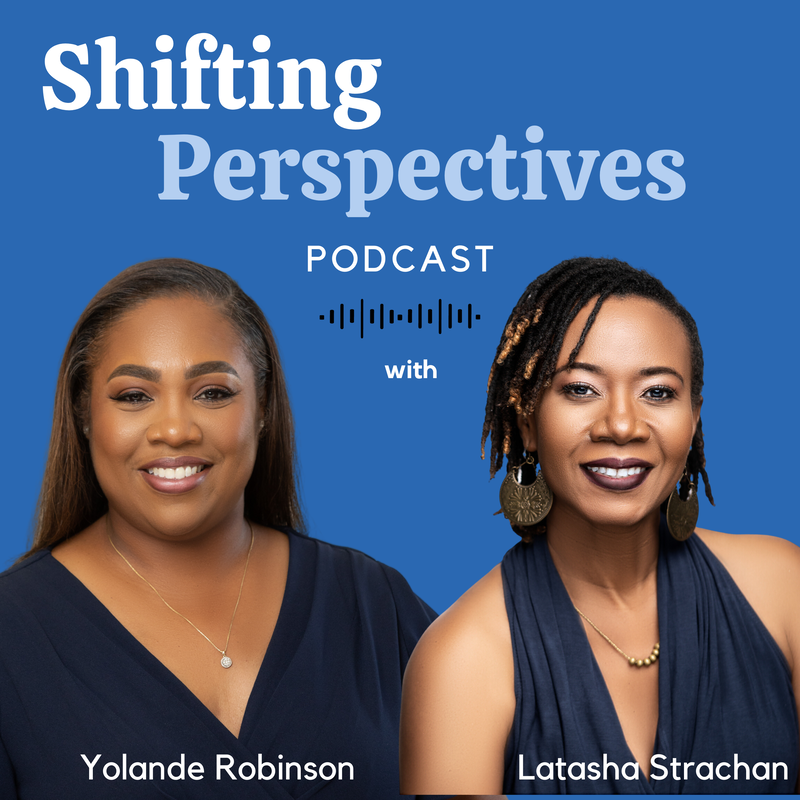|
Over the last few weeks, I have had the opportunity to speak on the theme of #InspireInclusion. In doing so, I have touched on the topic of microaggressions in the workplace. Microaggressions, although seemly small actions, can pack a powerful punch and affect not only individual morale but the overall wellbeing of a team.
So, what exactly are microaggressions? Well, they're those subtle, often unintentional behaviors or comments that convey hostility or insult towards marginalized groups. They come in many forms, from snide remarks to dismissive gestures, and they can leave a lasting impact on those who experience them. There are three main types of microaggressions: verbal, behavioral, and environmental.
It’s important to note that not all microaggressions are verbal. Non-verbal cues, like eye-rolling or avoiding eye contact, can also send hurtful messages. These silent signals often fly under the radar, making them even trickier to address. Often when I discuss microaggressions in training the first response is, “we don’t do that,” However, as we dive a little deeper, the microaggressions start to feel not so micro! If you are a regular reader of this blog, or have heard me speak before, you know that I strongly feel that the most dangerous bias we can have is believing that we have no bias. I believe this way because we can never underestimate our unconscious biases. Our unconscious bases are the ingrained beliefs and stereotypes that influence our thoughts and actions without us even realizing it. These biases shape the way we interact with others, leading to microaggressions that perpetuate harmful stereotypes and undermine inclusivity. (See my previous blog series on Unconscious Bias if you would like to learn more.) So, what can we do to recognize and minimize microaggressions in the workplace? Here are five tips to get you started:
Remember, we're all works in progress. It's okay to stumble along the way, as long as we're committed to learning and growing. By acknowledging our biases and taking proactive steps to combat them, we can build a workplace where everyone feels seen, heard, and valued.
0 Comments
Leave a Reply. |
Author
Yolande Robinson, M.Ed. PodcastShifting Perspectives is a conversation with Yolande and Latasha that challenges Listeners to fuel themselves with diversity in the way they think, the way they work, the way they parent and the way they live their lives.
Listen to Shifting Perspectives on Apple Podcasts, Audible, Amazon Music, Spotify, Google Podcast, Stitcher, Pocket Casts, Overcast, Castro, Castbooks, or Podfriend. Archives
July 2024
Categories
All
|




 RSS Feed
RSS Feed